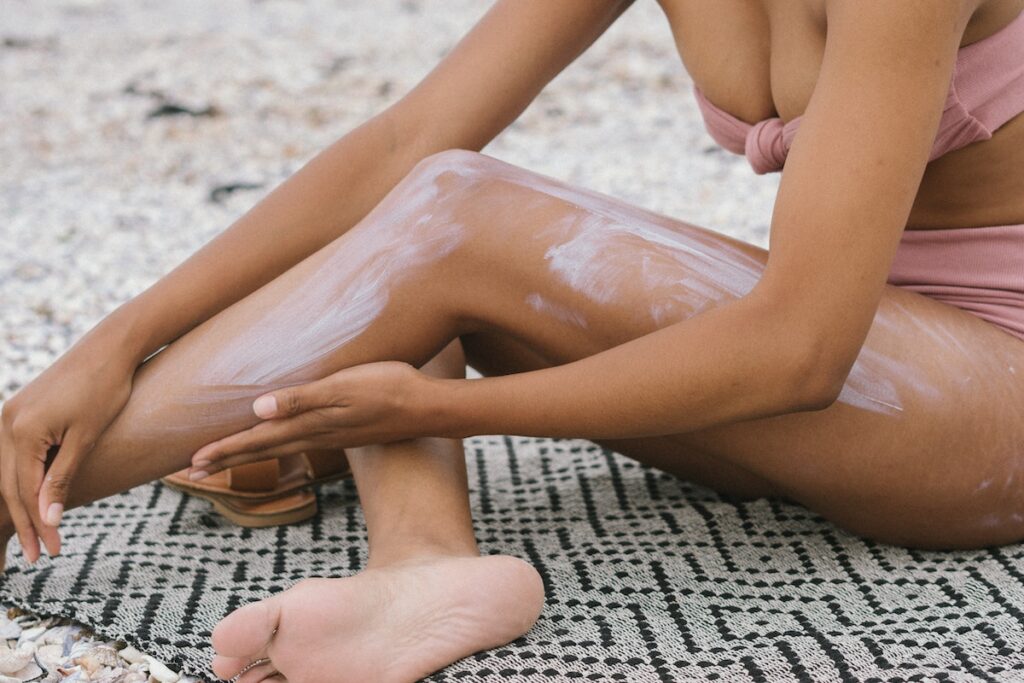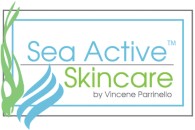We all want to protect our skin, but how do we do this? Many things can increase your risk of skin cancer, including smoking, tanning beds and just simply being out in the sun too long. Luckily, with a few easy steps you can avoid skin cancer.
Realize it All Comes Down to Cumulative Sun Exposure

You are not at risk from the occasional pool party that bombards your body with sunlight. The more alarming factor is the “incidental” yet prolonged, cumulative exposure to the sun. Routine tasks like carrying trash to the dumpster or walking the dog on a foggy day can take up more time than you might think.
More UV radiation is absorbed by your skin every day than by the isolated sunburns you work so hard to safeguard against. Continue to stay away from excessive exposure, but don’t ignore everything in between. Remember that you are still absorbing UV radiation while driving or on cloudy days.
Use Sunscreen Every Day
Since you can’t avoid being outside (someone has to run those errands), using sunscreen every day becomes essential. Knowing how to avoid skin cancer includes using routine UV protection, even when going about your daily business outside.
It’s simple to forget to apply lotion before rushing out the door, which is why it’s beneficial to make it a part of your routine. A good place for your sunscreen bottle might be near your toothbrush or makeup case.
Use Adequate Sunscreen
If you want to learn how to avoid skin cancer, you must understand that less is not always more. A shot glass’ worth of sunscreen is sufficient to cover the exposed skin of the average adult. Contrast this with the patchy way that most of us apply sunscreen.
For your face, use a nickel-sized amount of sunscreen to ensure that you have protected this particularly exposed area. And don’t forget to apply UV protection to places that are commonly forgotten, such as your neck, ears, the top of your hands, and the top of your feet.
Make sure to reapply sunscreen every two to three hours (and more frequently if you’re swimming or perspiring a lot), and choose a product with an SPF of 30 or higher.
Every Skin Tone and Type Should Practice Prevention

Every skin tone is at risk since skin cancer does not discriminate against people depending on their ethnicity. However, if you have darker skin and more pigmentation, you are less likely to acquire skin cancer, but that does not imply you cannot.
Melanoma deaths are more common in those with darker skin tones than those with lighter skin tones. Aside from developing skin cancer, sun exposure harms the health and appearance of the skin of all colors, resulting in wrinkles, color discoloration, dryness, age spots, and sunspots.
All ethnic groups can prevent skin cancer and retain a more attractive appearance by being proactive about UV radiation.
Don’t Think It’s Too Late
You may not be able to undo the summers you worked as a lifeguard at the neighborhood pool, but you may minimize the amount of sun exposure you currently receive.
And that means something. You never know how today’s decision to stay out of the sun could affect future chances of developing skin cancer. Changing your habits today will not ensure a different outcome, but it will help to halt the spread of abnormal cells.
When you know how to avoid getting skin cancer, you can shield your skin from UV radiation that can harm it and make it look older. The appearance of your skin might change noticeably after just one year of using effective sun protection.
Test Out Various Sunscreen Formulations
When you find the correct product for you, it’s easy to wear sunscreen daily. You can choose a formulation based on the textures and specific benefits it offers for your particular skin type.
The availability of sunscreen for sensitive skin and acne-prone skin has increased recently. Try out various products until you find one that works best for everyday use.
Bring Your Own Shade

Even if sunscreen is your first line of defense from the damaging rays of the sun, it’s still a good idea to seek out some shade. If there isn’t a tree nearby with outstretched limbs, be ready with your own portable shade, or try wearing sun-protective clothes.
Being proactive in preventing skin cancer is far different than just knowing how to do it. Bring your own beach or sun umbrella the next time you go to an outdoor event.
Educate Yourself
It is not always easy to distinguish between the three types of skin cancer. They are all unique and can sometimes mimic eczema, psoriasis, or dry skin. Skin cancer is classified into three types:
- Basal cell
- Squamous cell
- Melanoma
The most common type is basal cell carcinoma and the deadliest is melanoma.
While not every mole or rough patch requires an expert opinion, you should consult a dermatologist if you notice a new growth or location that is:
- Changing in color
- Bleeding
- Growing
- Not being able to recover
- It starts to heal and then scabs over. It appears to go away but then reappears
It’s best to inspect your entire body once a month, including your hands and feet, for any new spots or alarming changes.
Visit a Dermatologist For Tests

Even if everything appears to be fine, everyone should undergo a baseline checkup. This makes it simpler for your dermatologist to spot anomalies in the future by letting them know what is typical for you. Your entire body will be examined, including the difficult-to-see areas like your scalp, back, and foot bottoms.
After then, make sure to follow up as advised. Annual dermatological checks are advised for anyone suffering from:
- a close family who has had melanoma in the past
- a history of melanoma, numerous moles, or a history of moles that are not normal
- a history of excruciating sunburns and usage of tanning beds
- continuing organ transplant,
- frequent sun exposure (e.g., construction workers, boaters, landscapers, or outdoor enthusiasts), etc.
Consult your dermatologist about the frequency of your follow-up visits if none of the aforementioned situations apply to you.
Examine Your Medicine Cabinet
Some drugs can make you more sensitive to ultraviolet (UV) rays. If you’re taking any of the following medications, you should take extra precautions before going outside in the sun:
- Antibiotics
- Antifungals
- NSAIDS
- Contraception pills
- Some cholesterol medications
Conclusion
As summer rolls around, you may start spending more time in the sun—taking a quick dip at the local pool, lounging on a beach towel, and working on your tan.
Whatever you’re up to, it’s important to always be mindful of your skin and how long you’re exposed to the elements, especially since our skin is our largest organ and naturally absorbs harmful UV rays. Keep these tips in mind this summer to safeguard your skin from developing skin cancer.
Be proactive about preventing skin cancer by using Sea Active Skincare’s Skin Guardian spf 20 Daytime Moisturizer. This “Yoga in a Bottle for Your Skin” nourishes the skin with plant-based UVA/UVB protection to help you prevent skin cancer. Visit our website to know more about our products.

